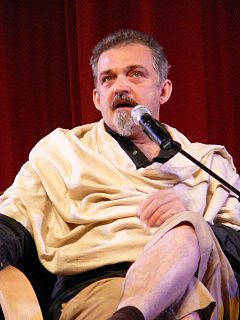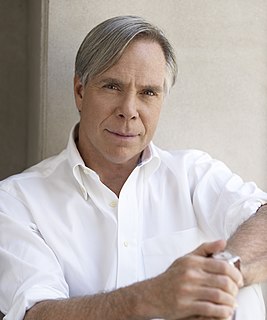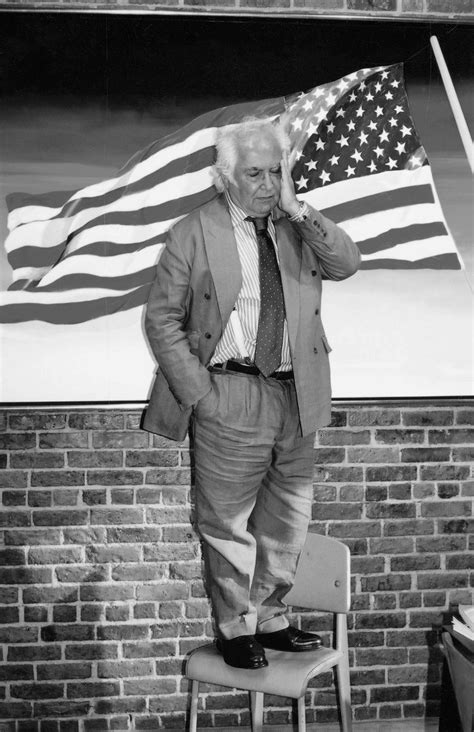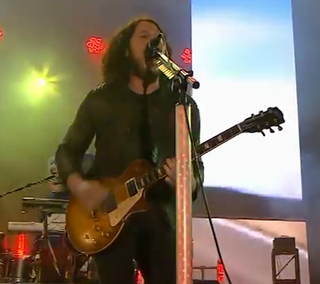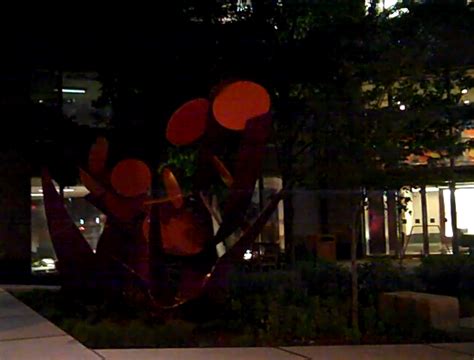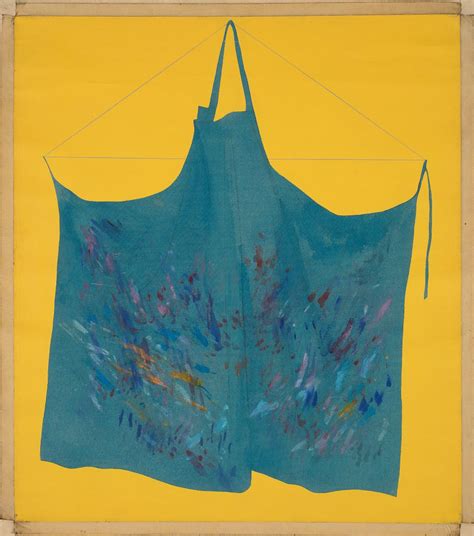A Quote by Twyla Tharp
I don't mean this, but I'm going to say it anyway. I don't really think of pop art and serious art as being that far apart.
Related Quotes
I think that a lot of artists have succeeded in making what I might call "curator's art." Everybody's being accepted, and I always want to say, "Really? That's what you've come for? To make art that looks a lot like somebody else's art?" If I am thinking of somebody else's art in front of your art, that's a problem.
By the late '50s, something was happening in England, and it got to be quite exciting. The music world then started to explode with the Beatles and the Rolling Stones. It was an incredible time with this mixture of independence in art, fashion, and the explosion of the pop sensibility. London was certainly at the center of it all for a few years. And as far as art is concerned, I think that sensibility of what was later called Pop art started in England even before America. And so I was lucky to be there.
When we even use the term 'specialized world,' we already have a problem! We're making art; they are making art... these worlds are not far apart from each other. For instance, pieces of art that hang on a wall can be seen in museums or can be used in a variety of commercial ways. That art is everywhere, so the message is that it's a part of everyday life.
Art can mean a lot of things. At the heart of it, art is doing something you really believe in. Like my wife, she volunteers helping underprivileged kids, that's her art. To me, anything that you do that you truly believe in makes you an artist. It doesn't necessarily mean being a painter or a film maker. That's art, but there's more to it than that. As long as you're pouring your heart and soul into what you're doing, that's the weapon.
I believe Picasso's success is just one small part of the broader modern phenomenon of artists themselves rejecting serious art- perhaps partly because serious art takes so much time and energy and talent to produce-in favor of what I call `impulse art': art work that is quick and easy, at least by comparison.
Being critical of art is a way of showing art respect. No sports writer would say, "Well the Yankees had a great season this year." No food critic would get a bad meal and say, "Oh, it was so lovely." It always strikes me as odd when people say, "Why do you write negatively about any art?" I think that everybody has mixed feelings about everything - even Goya. I mean, I look at Rembrandt sometimes and I hear a voice in my head go, "It's pretty brown."
The art of writing is the art of doing what you think you're doing. This is not as simple as it sounds. It implies a very difficult undertaking: the necessity to think. And it implies the requirement to think out three separate, very hard problems: What is it you want to say? How are you going to say it? Have you really said it?
Well, things hold up even if they sound dated. It can be very difficult to listen to 80s pop songs with really, really gigantic smashed drum sounds. You just want to turn that gated reverb down on the snare. It sounds wrong now. It sounds amateurish. And ugly. But at the time it sounded state-of-the-art. So yeah, I think it's important not to sound state-of-the-art in a way that anybody else is going to sound. Or you'll quickly sound like yesterday's state-of-the-art.
Art and poetry cannot do without one another. Yet the two words are far from being synonymous. By Art I mean the creative or producing, work-making activity of the human mind. By Poetry I mean, not the particular art which consists in writing verses, but a process both more general and more primary: that intercommunication between the inner being of things and the inner being of the human Self which is a kind of divination (as was realized in ancient times; the Latin vates was both a poet and a diviner). Poetry, in this sense, is the secret life of each and all of the arts.

